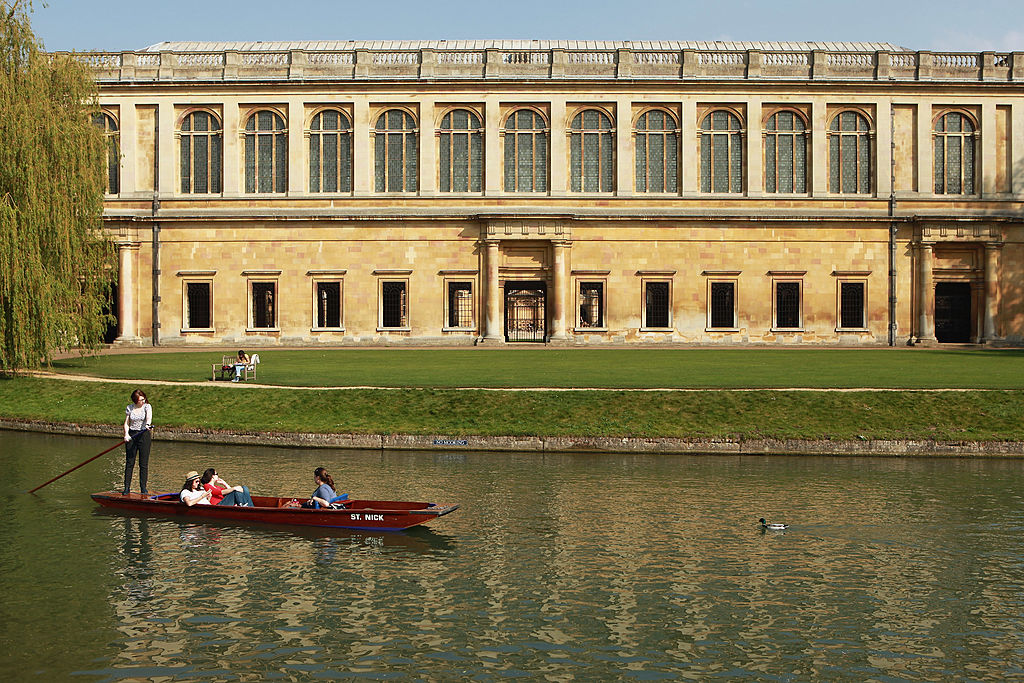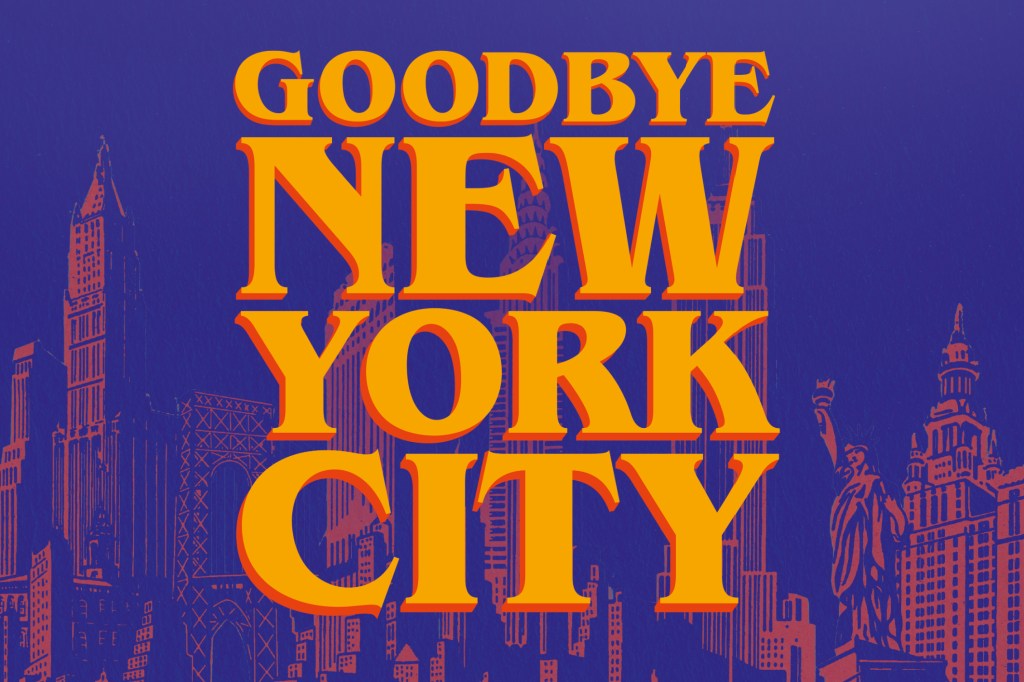Writing in these pages, the venerable Charles Moore argued that, rather than holding an election (as is currently the case), Cambridge needs to appoint a Chancellor who is unspeakably grand, rich, and disinterested. I would respectfully suggest a reframing.
If Cambridge is to continue to thrive as an institution that upholds the best of its traditions, innovates, and improves the wellbeing of so many, it needs an active and engaged Chancellor to meet the challenges of a new era; and that Chancellor will only deliver on what is required if they have the backing of the majority of the Cambridge electorate. (For full disclosure, I am standing in this election which takes place in a month’s time after being approached by several of my fellow heads of Cambridge Colleges and other colleagues.)
Our universities, after all, are in a delicate state. They face challenges to free speech and academic freedom from both the left and the right. The breathtaking technological changes confronting us are both promising and deeply concerning. A series of external shocks has diminished our financial resilience, leaving us in a near-constant state of crisis management that weakens not only our ability to respond to unanticipated developments but also our contribution to national and international well-being.
This is an era of innovation. Advances in AI, life sciences, robotics, green technology (and soon quantum) are reshaping what we do and how we do it. It is only a matter of time until there is greater diffusion into many sectors of the economy. Consider how quickly AI has evolved over the last two years, from answering questions to delivering assigned tasks and, increasingly, serving as a responsive companion that learns rapidly. Yet these innovations come with risks which can be deployed for a frightening range of nefarious uses. They require adaptation, standards, and safety measures. They must be paired with careful critical thinking that draws on important insights from the humanities.
Their impact on society also intersects with long-standing challenges to our collective well-being, ranging from unequal opportunities and climate change to geopolitical conflicts that have already displaced millions, destroying lives and livelihoods. The higher education sector is at the heart of delicate balances that must be struck effectively and sustainably. To thrive, Cambridge must build on the accomplishments that have long defined its distinctiveness. For me, this place – where I am happiest, as my daughters will attest to – teaches you not just what to think but, critically, how to think.
To my mind, it is not only crucial that the university continues to dedicate itself to academic excellence in research and protect its financial agility, but, critically, that it vigorously defends and promotes academic freedom – free speech – as the lifeblood of our intellectual community. Yes, this means listening to people with whom you disagree. Yet, by doing so, we have a better chance of advancing our collective understanding and mutual respect.
Our universities are in a delicate state. They face challenges to free speech and academic freedom from both the left and the right.
Cambridge introduced a new code of conduct last August that protects the speech of visiting speakers. For my part, I chair a Cambridge institution – the Union, which has been devoted to protecting free speech since 1815 – that hosts controversial speakers, encourages difficult debates, and respects the right of individuals to protest. The more one thinks about it, the more free speech is part of the broader effort to level the playing field for the most brilliant minds, regardless of their backgrounds. It is central to ensuring that Cambridge remains a global beacon of enlightenment and thoughtful debate, particularly on the most difficult and contentious issues.
Even a university as distinctive as Cambridge faces new pressures that exacerbate long-standing structural weaknesses. In my many decades here – from being an undergraduate, volunteer, and donor to becoming the chair of Cambridge Union’s Board of Trustees, co-chairing with Sir Harvey McGrath the Collegiate Cambridge Capital Campaign, and elected as head of one of its largest colleges – I’ve observed how the changing face of society can throw up challenges for educational institutions. In this period of intense international conflict and enormous policy-induced volatility, we must ensure that our students are given the space to test out theories and arguments without fear of censorship and crippling financial hardship. The essential principles of academic freedom and free speech cannot be taken for granted.
There are also challenging managerial problems: for example, establishing sustainable funding models is becoming increasingly difficult. A lack of financial agility makes it hard to respond to problems or seize new opportunities, including the increasing interest in coming to the UK on the part of academics and students who had planned to study there. Ultimately, careful management of all these issues – in a way that is both productive but ensures the discord of internal divisions is avoided – is crucial for preserving the transformative power of the university.
Some may regard the Cambridge election as a contest for prestige and ceremony. That is the last thing that this leading university needs in this new era of enormous risks and consequential opportunities. It’s about so much more. To retain its impact and beneficially impact society, our university requires an active and engaged Chancellor committed to academic excellence, financial strength and, of course, academic freedom.






